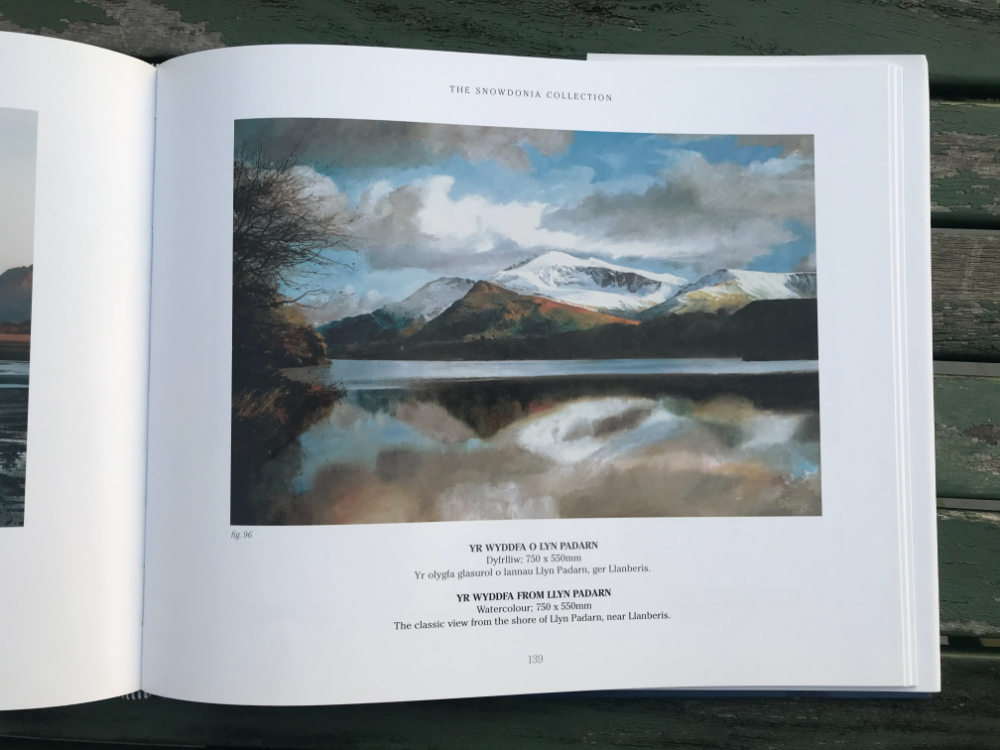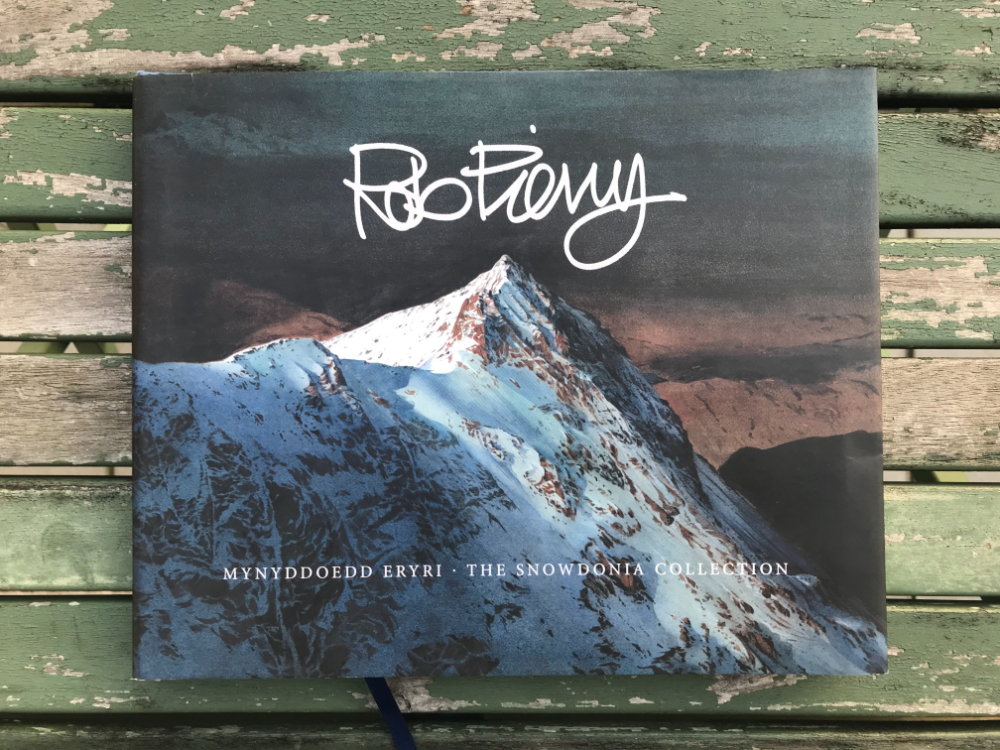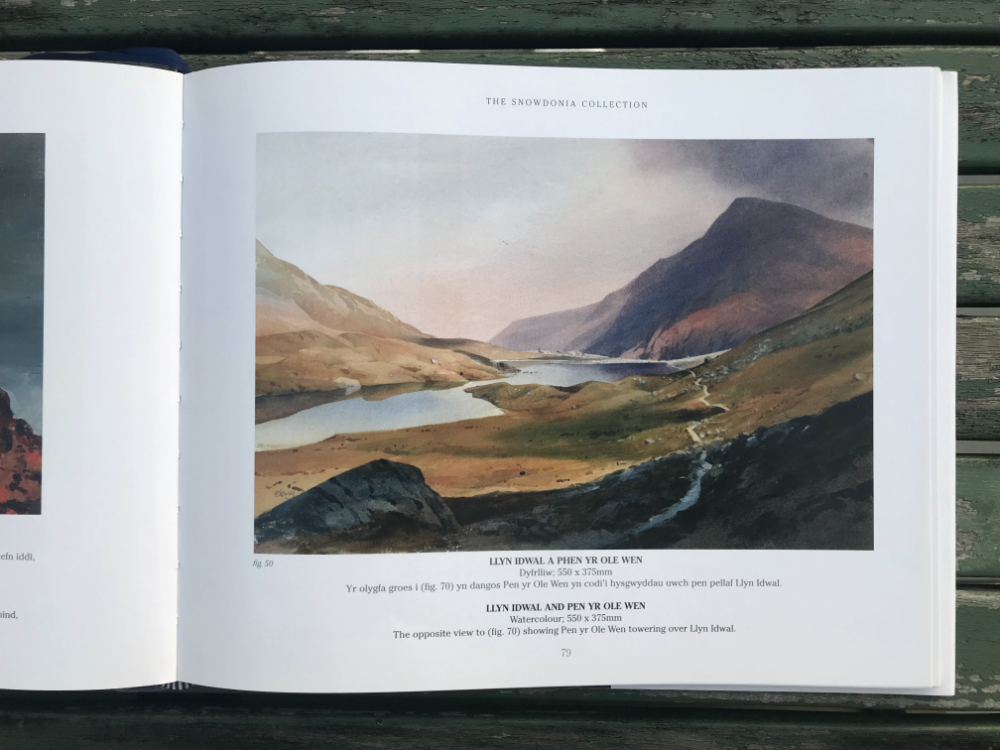It’s time for the annual end-of-year musings known as Shadows and Reflections. Since so many of our lives were lived in thematic overlap this year, we’ve asked our contributors and friends to focus on the small, strange and specific as they look back over the last 12 months. Today it’s the turn of Paul Scraton.

Growing up in a small town, surrounded by the potato and cabbage fields of West Lancashire, the mountains always felt a long way away. They weren’t of course. Snowdonia was a couple of hours’ drive in one direction. The Lake District was a similar distance in the other. An even shorter drive took us across the fields to Formby where, down on the beach and when the weather was right, you could even see them – the Welsh hills a line of shadowy shapes on the horizon, across the wide expanse of Liverpool Bay.
Still, when you’re younger and the time between weekends, let alone school holidays, seems endless, those mountains symbolised the moments beyond the everyday. Trips to high places were something out of the ordinary, an adventure outside of the routine. Not that we always went willingly, of course. For every walk in fine weather, when the view would unfold before us like some piece of elaborate natural theatre, there would be a long trudge to a mist-covered summit where, sheltering from the drizzle behind an oversized cairn or trig point, we’d eat a soggy sandwich and try to imagine what we might be looking at if visibility was something more than about six feet.
But even these moments became worth it after the fact, part of family folklore and stories to be told and retold. And now that I’ve been living away from Britain for more than twenty years, no longer thinking of the island of my childhood as home, there is one thing that I miss in this city surrounded by the potato and cabbage fields of Brandenburg, and that’s the mountains.
This year has been the first in at least a decade, and maybe even more, that I have not travelled back to Britain, and visiting family and friends, let alone the mountains, has been difficult — if not impossible. It’s probably no coincidence, therefore, that this strange and anxious year has been the first in which I’ve really felt the distance between where I am now and where I came from. Thankfully, even when physical journeys are not possible, there are ways to remain connected, and we’ve made the most of them.
Throughout that childhood in Lancashire, and now here in Berlin, I’ve always been able to feel a connection to the mountains, and the Welsh mountains in particular, thanks to the art of Rob Piercy. Rob is a friend of our family, and we grew up with his paintings on our living room wall. We have a print of his here in Berlin too, a view of Snowdonia, that takes us back to Wales every single day, in the same way the other pictures on our walls take us back to the other places that mean something to us, the memories they hold and the stories they play host to.
As the landscapes of my youth have been inaccessible, travel to these places and landscapes has remained possible through these pictures, as well as through books and music and films. I spend time with Rob’s paintings, these remarkable things, as atmospheric and strikingly beautiful as the places themselves, and surely they are only possible due to Rob’s own deep connection to the landscapes he paints. I’m sure if I asked Rob, he could tell me stories relating to each and every one of them, in the same way that I flick through his book Mynyddoedd Eryri (The Snowdonia Collection), and come to paintings of places – Cwm Idwal and Tryfan, Y Garn and Moel Siabod – that hold in them my own memories, and stories from family and friends.

I was given the book a couple of years ago, signed by Rob for my fortieth birthday, and I’ve turned to it a lot this year. I read his essays on landscape painting, printed in both Welsh and English, and his walking journal entries, enjoying his reflections on the mountains and his artwork, his passion for these places shining through in his words as it does in his paintings. And he talks about his love for mountaineering, something that I grew up with, and through his words I feel a connection to my parents and those who walked the hills, in sunshine and cloud, with them and later with us.
‘Today I have found a magical place,’ Rob writes, in one of his journal entries, ‘not far from my doorstep. There are no fine views but here is a place which I feel comfortable in. I can describe what is there to you, but there is more to it than that. As a child I used to feel like this about places and it has a lot to do with large rocks, the smell of heather and gorse…I’m happy to sit here in the warmth of this September day drawing, with one of the rocks as an useful easel and another to lean my back against.’
I’ve often thought that my own writing, in my walks and exploration, is a search for this feeling. As Rob describes, it can often have a lot to do with the places that bring us back to childhood, or other moments from our past when we felt truly happy. I don’t think it is nostalgia as such, for those places remain and can be discovered again. And when a patch of heather on a Baltic island takes me to a Welsh hillside, or the sound of the waves against the rocks returns me to the headland of Rhoscolyn, it adds another story, another layer, and another connection to return to in the future.

Shadows and reflections. The distance remains, but thankfully the rocks and the heather and the gorse are not going anywhere soon, and while we wait for the chance to add stories to places old and new, I can always pick up Rob’s book and let his words and his paintings take me there in the meantime.
*
Paul Scraton’s novella ‘In the Pines’ will be published in 2021 by Influx Press. You can find out more about Rob Piercy, his art, and his shop and gallery in Porthmadog on his website.